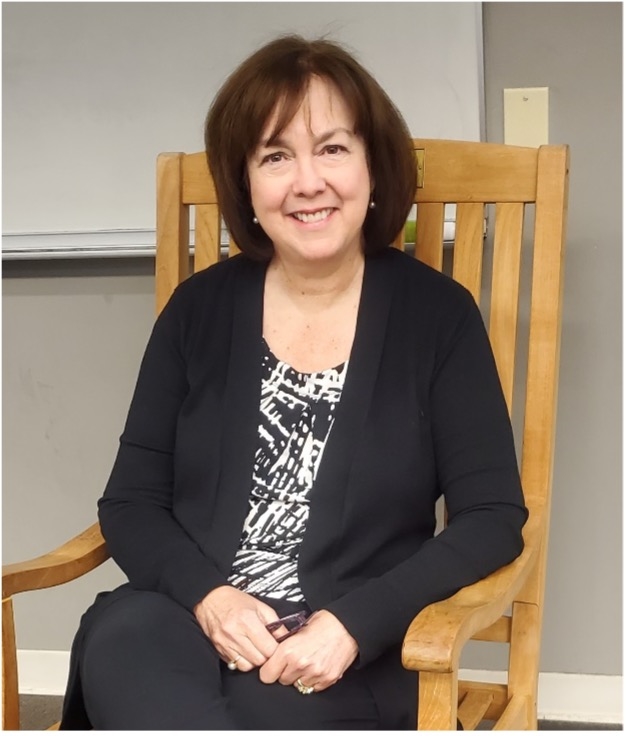Is the pandemic over? That remains to be seen. What is evident is the impact of the past two and a half years on academic performance of students in all age groups.
The March Wally Cordes Chair: Conversations with Colleagues event was held April 1. Tish Pohl, teaching associate professor of industrial engineering, spoke on the topic "Student Success in a Post-Covid Environment." Pohl is the advisor for over 200 undergraduate industrial engineering students.
Pohl shared studies that show 85% of students indicated they had academic performance effects because of lockdown, isolation and online instruction. In addition to academic influences, they also experienced mental health issues. Some of the struggles identified included depression and anxiety, financial stresses and concern for their health and that of family members.
Just because classes resumed face to face, these stresses didn't always resolve. In one study, students received Fitbits to monitor their activity levels just before the pandemic hit. Of course, when everyone was isolated, the activity levels dropped, but when students resumed activity, the levels never returned to the pre-pandemic level. What did stay elevated was the time they reported spending on gaming and social media. Poor habits continued even when lockdown was eased.
Another issue evidenced by incoming freshmen was the lack of preparation for college life. They had spent their senior year being educated online and therefore had less contact with teachers and counselors. They found that they were less prepared to take on the academic stresses of college, resulting in an increased number of D and F grades and withdrawals. The effects were especially hard on first-generation students, minorities and students with financial need.
Strategies that were instituted to help students during the pandemic, such as streamed classes, recorded lectures and additional online resources, may in some cases be detrimental for some students — allowing them to become less engaged, feel entitled or just become accustomed to too much flexibility and assistance.
During the question-and-answer segment of the presentation, topics centered on what others have found works for their students. Some of the suggestions included: multiple choice questions, smaller point quotas for questions, flipped classroom with more activities and a shorter lecture, or a video lecture that they could view when they had time and could rewind to catch things they may have missed.
Other important suggestions included fostering a sense of belonging, frequent feedback and support, and most of all a sense of compassion, consistency and accountability.
About Wally Cordes: Cordes was a renowned chemistry professor known for his academic scholarship, commitment to teaching and classroom antics. He is one of three founding members of the Wally Cordes Teaching and Faculty Support Center. It is said that he would ask his students to stop by his office at the beginning of the semester for a "6-minute" visit to meet him. In his office was a rocking chair specifically for the students' 6-minute visits. The "traveling rocking chair" is now part of the Wally Cordes Chair event and is present at each monthly presentation.
Through Conversations with Colleagues, the Wally Cordes Teaching and Faculty Support Center continues the tradition of informal conversations meant to cultivate a community united in learning by honoring a different teaching faculty member on campus each month as the Wally Cordes chairperson. The Wally Cordes chairperson possesses the Wally Cordes rocking chair and hosts an informal conversation about teaching and learning. Thus, the chair travels the campus but consistently brings together those dedicated to helping each other improve student success at the University of Arkansas. Notifications of the Wally Cordes Chair events around campus are sent to all faculty prior to each monthly program.
About Tish Pohl: Pohl embodies the spirit of Cordes. Students report her professional guidance throughout their academic careers as something they really appreciate, and they confess at times it feels 'motherly.' She was named a fellow of the University of Arkansas Teaching Academy in 2017 and Academic Advisor of the Year 2016-2017 by the University of Arkansas Academic Advising Council.
Topics
Contacts
Tamara O. Ellenbecker, Department of Industrial Engineering
College of Engineering
479-575-3157,
